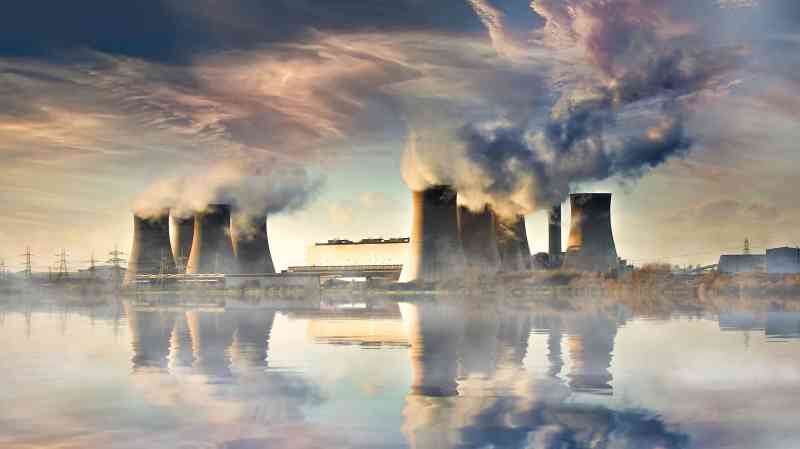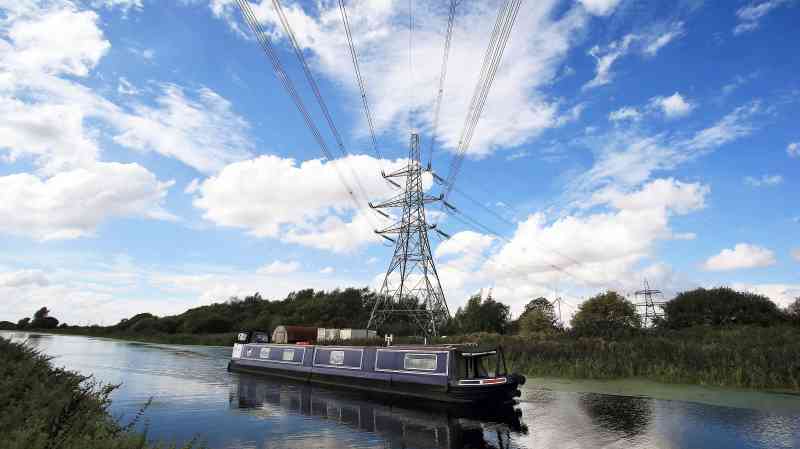Keeping coal power plants open could cost £420m
Keeping old coal power stations open to bolster electricity supplies this winter could cost consumers £420 million, National Grid has revealed.
The company responsible for keeping the lights on has signed deals to delay the closure of EDF’s West Burton A plant in Nottinghamshire and the coal-burning units at Drax’s eponymous power plant in Yorkshire. It is in talks with Uniper over delaying the closure of part of its Ratcliffe-on-Soar plant in Nottinghamshire.
The coal plant extensions come at the request of the government, which is attempting to increase energy security in case there is a shortage of gas from Russia curtailing supplies to Europe.
National Grid’s electricity system operator said yesterday that it expected “the upfront cost” of the coal deals to be “£220 million to £420 million subject to the procurement and use of the coal”. The exact cost would depend on whether the Uniper deal was signed and how much coal was bought.
Drax has disclosed that its deal entails an undisclosed fee as well as covering its costs. It has cited the contract as one of a number of factors boosting its profit outlook for the year.
A government source said: “With Russia cutting off gas to continental Europe, keeping Britain’s coal plants online this winter is a small price to pay to ensure extra security of supply. The alternative would be unthinkable.”
The upfront costs of the coal deals are due to be recovered from charges on suppliers and generators between October and March, and will feed through to consumer bills.
Lisa Waters, of Waters Wye Associates, the energy consultancy, said that business customers could be exposed to the costs straight away and at least some of the costs would be expected to feed through to household bills this winter.
Waters said that the market was struggling to understand how the contracts would work in practice because coal plants took about six hours to get up and running, and were slow to ramp up output.
The government said: “We are keeping our remaining coal-fired power stations available to provide a further boost to our energy security this winter in the unlikely event it’s needed.”






